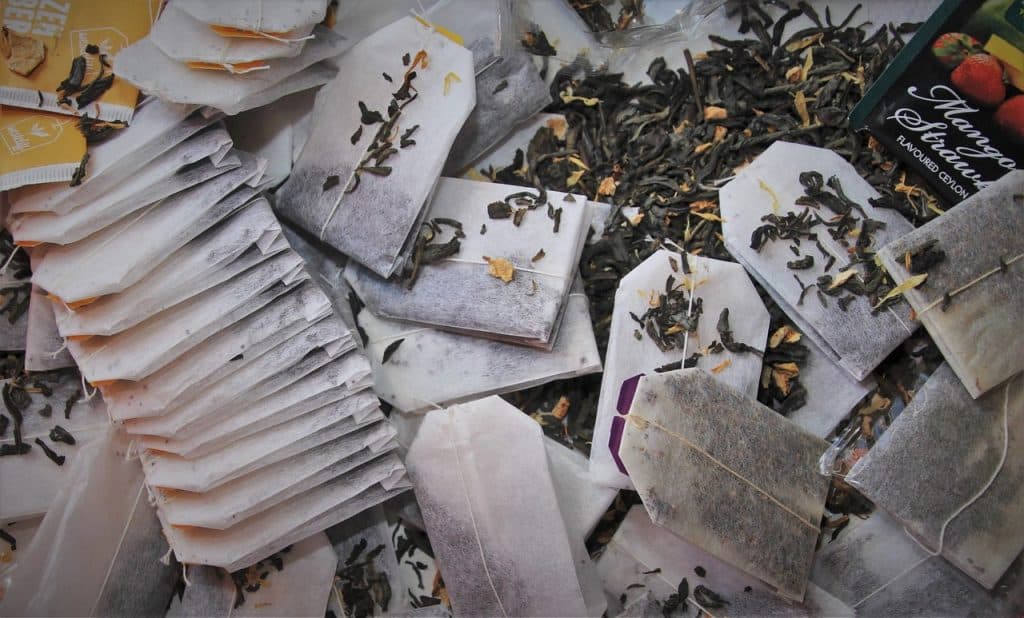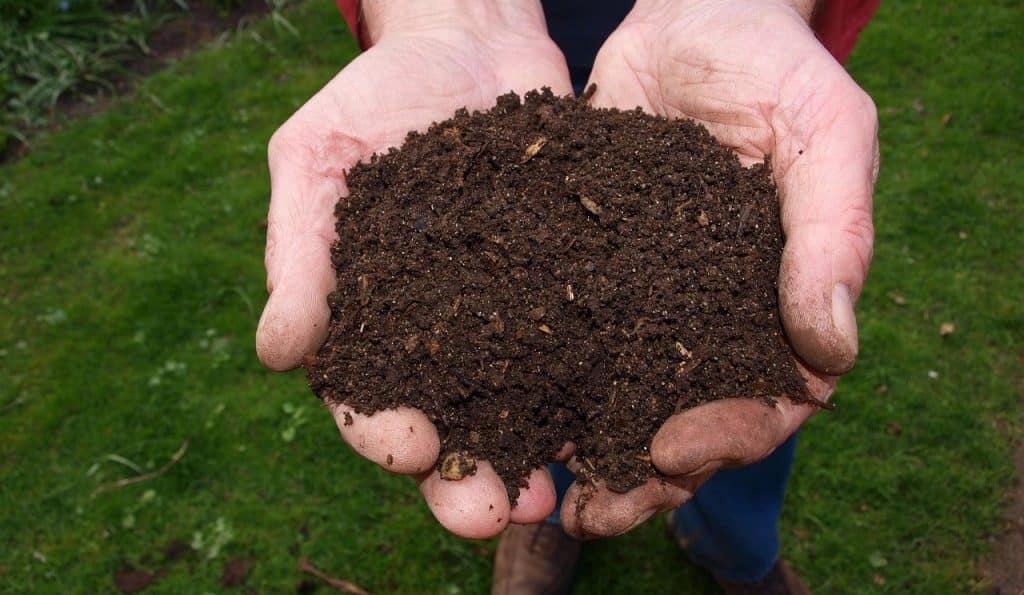
Table of Contents
Introduction:
Tea is a beloved beverage enjoyed by people all over the world. Whether you prefer a soothing cup of chamomile before bed or a strong black tea to start your day, the quality of your tea can greatly impact your overall experience. Many tea enthusiasts often wonder if tea bags can expire and how to properly store and use them. In this comprehensive guide, we will address these questions and provide you with valuable insights on the storage and usage of tea bags.
Do Tea Bags Expire?
The short answer is yes, tea bags can indeed expire. While tea leaves themselves can last for a long time if stored properly, the same cannot be said for the tea bags that contain them. Tea bags typically have a shorter shelf life due to their exposure to air, light, and moisture. Over time, the flavor, aroma, and quality of tea bags can deteriorate, resulting in a less enjoyable tea-drinking experience.
Factors Affecting Tea Bag Shelf Life:
Packaging:
The quality of the packaging plays a crucial role in preserving the freshness of tea bags. Look for tea bags that are individually sealed in airtight envelopes to ensure maximum protection from external elements.
According to the Tea Association of the USA, airtight packaging helps to prevent oxidation and moisture absorption, which can negatively impact the quality of tea bags. It is recommended to choose tea bags that come in sealed foil packets or individually wrapped sachets to maintain freshness. (Source: Tea Association of the USA)
Ingredients:
Different types of tea have varying shelf lives. Herbal teas, such as chamomile or peppermint, generally have a longer shelf life compared to delicate green or white teas. The presence of herbs, fruits, or spices in the tea blend can also affect its longevity.
Green tea, for example, is known for its delicate flavor and aroma. According to a study published in the Journal of Food Science, green tea bags can start to lose their flavor and antioxidant properties after six months to a year, depending on storage conditions. On the other hand, herbal teas, which are often caffeine-free and made from a variety of plant materials, can have a longer shelf life of up to two years if stored properly. (Source: Journal of Food Science)
Storage Conditions:
Proper storage conditions are vital for prolonging the shelf life of tea bags. Factors like temperature, humidity, and exposure to light can significantly impact the tea’s freshness. Let’s delve into the best practices for storing tea bags:
How to Store Tea Bags:
Airtight Containers:
Transfer your tea bags to airtight containers made of glass or ceramic. These containers should have a tight-fitting lid to prevent air, moisture, and odors from seeping in.
According to the United States Department of Agriculture (USDA), storing tea in airtight containers helps to maintain its quality by preventing the absorption of moisture and exposure to odors. Glass or ceramic containers are preferred over plastic as they do not retain residual odors. (Source: USDA, “Food Storage Guidelines for Consumers,”)
Cool and Dark Environment:
Store the containers in a cool and dark place, away from direct sunlight and heat sources. Avoid storing them in the refrigerator, as tea can absorb odors from other food items.
The Tea Association of Canada recommends storing tea in a cool, dry place with temperatures below 25°C (77°F). Exposure to heat and sunlight can accelerate the degradation process of tea leaves and affect their flavor. It is best to keep tea away from spices, herbs, and other strong-smelling substances. (Source: Tea Association of Canada, “How to Store Tea,”)
Avoid Moisture:
Moisture is the enemy of tea bags. Ensure the storage area is dry and free from excessive humidity. Never store tea bags near the sink or in the bathroom.
The International Specialty Tea Association advises keeping tea away from humidity to prevent mold growth and flavor deterioration. High humidity levels can cause tea to become damp and lose its original qualities. It is essential to store tea in a moisture-free environment to maintain its freshness. (Source: International Specialty Tea Association, “Proper Tea Storage,”)
Avoid Excessive Air Exposure:
Whenever you open the container to use a tea bag, reseal it immediately to minimize air exposure. Oxygen can lead to the oxidation of tea leaves, resulting in flavor loss.
According to a study published in the Journal of Agricultural and Food Chemistry, exposure to air can cause the degradation of tea compounds, leading to decreased flavor and aroma. Therefore, it is recommended to seal tea bags tightly after each use to limit oxygen exposure and preserve their freshness. (Source: Journal of Agricultural and Food Chemistry, “Changes in the Flavor Characteristics of Tea Infusions Stored under Different Packaging Conditions,”)
Checking for Tea Bag Freshness:
While tea bags do have an expiration date printed on the packaging, it’s still essential to check their freshness before brewing a cup. Here are a few signs to look out for:
- Aroma: Give the tea bag a gentle sniff. If the aroma is weak or stale, it’s an indication that the tea bags have lost their freshness.
- Appearance: Inspect the tea bag for any signs of mold, discoloration, or off-putting odors. If you notice any abnormalities, it’s best to discard the tea bags.
- Taste Test: Brew a cup of tea using the tea bag and assess the taste. If the flavor is weak or unpleasant, it’s likely that the tea bags have expired.
Creative Ways to Use Expired Tea Bags:
Even if your tea bags have passed their prime, you don’t necessarily have to throw them away. Here are a few creative ways to utilize expired tea bags:
Natural Cleaners:
Tea bags can be used as natural cleaners due to their tannins and antibacterial properties. Use them to scrub countertops, eliminate odors from refrigerators, or polish wooden furniture.
According to a study published in the Journal of Microbiology and Biotechnology, tea extracts have antimicrobial properties and can be effective in cleaning and disinfecting surfaces. The tannins present in tea can help remove stains and add shine to various surfaces. (Source: Journal of Microbiology and Biotechnology, “Antimicrobial Properties of Green Tea Extracts,”)
Composting:
Tea bags, especially those made from natural fibers, can be added to your compost pile. They contribute to organic matter and enrich the soil.

The Royal Horticultural Society recommends adding tea bags to compost bins as they provide a source of nitrogen and improve the overall structure of the compost. However, it is important to ensure that the tea bags are made from biodegradable materials without any synthetic additives. (Source: Royal Horticultural Society, “Composting,”)
Soothing Eye Compress:
Place cooled, damp tea bags on your eyes to soothe puffiness and reduce dark circles. The antioxidants present in tea can offer rejuvenating effects.
According to a study published in the Journal of Cosmetic Dermatology, tea extracts contain antioxidants that can help reduce swelling and inflammation around the eyes. The coolness and soothing properties of tea
bags can provide relief and contribute to a refreshed appearance. (Source: Journal of Cosmetic Dermatology, “Evaluation of Antioxidant Activity and Anti-inflammatory Effects of Green Tea Extract on Human Dermal Fibroblast Cells,”)
Conclusion:
While tea leaves themselves can have a long shelf life if stored properly, tea bags have a more limited lifespan due to their exposure to air, light, and moisture. To ensure the best tea-drinking experience, it’s crucial to store tea bags in airtight containers, in a cool and dark environment, and away from moisture. Regularly check for signs of freshness and discard any expired tea bags. Remember, even if your tea bags have expired, there are still creative ways to make use of them. By following these guidelines, you can savor the flavors and benefits of tea in every cup.

game slot pragmatic
Can Tea Bags Expire? The Ultimate Guide To Storing And Using Tea Bags – Kitu Cafe